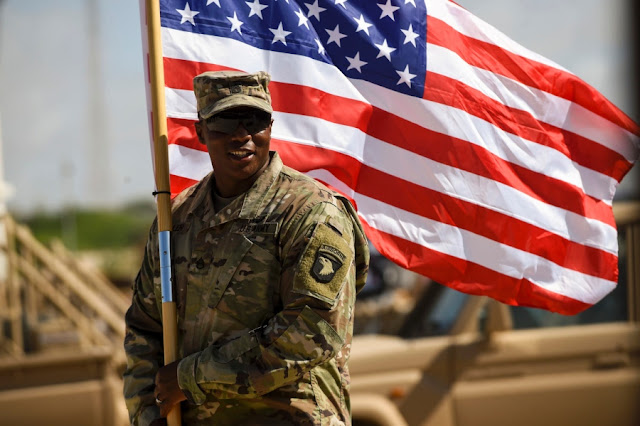
Initially created in 2013 by U.S. Africa Command (AFRICOM) as a three-person unit tasked with establishing coordination between the African Union Mission in Somalia (AMISOM) and U.S. forces in the country, the United States’ Military Coordination Cell (MCC) plays an oversized role in leading the international community’s efforts to enhance security in Somalia.
the MCC saw its mission expand following 2017’s London Conference on Somalia when then-U.S. Secretary of Defense James Mattis agreed that the U.S. would lead the Comprehensive Approach to Security Strand 2A (CAS 2A).Strand 2A specifically refers to the Federal Government of Somalia's Ministry of Defense and the Somali National Armed Forces.
As of September 2020 the MCC includes the Military Assistance Group – Somalia (MAG-S), Office of Security Cooperation (OSC), and two British officers seconded from Operation Tangham, the U.K. mission in Somalia.
“MAG-S is the piece that reports directly to Joint Special Operations Task Force – Somalia (JSOTF-SOM)," said U.S. Navy Lt. Cmdr. Jason Looper, MCC plans officer (as of September 2020). "The capacity and institutional building piece, for which the OSC and our two U.K. officers play a major role, is vital to the future of Somalia transition.”
As the MCC grew from three personnel to approximately 20, Combined Joint Task Force – Horn of Africa (CJTF-HOA) has become the major force provider in support of the positions that were not included in the original AFRICOM execute order establishing the cell. The increased number of personnel has proven critical in maintaining the relationships and responsibilities that the MCC has taken-on, and has enhanced AFRICOM’s desired effects in Somalia while providing support to AMISOM, the SNA, and the multitude of international partners operating in the East African nation.
That lack of a formal coalition is what makes the working environment “interesting and challenging,” according to Looper. “Everyone comes together and coordinates their respective efforts in order to advance Somalia toward sustained security."
While there is no set agreement to aid one another, the various international forces work toward a common goal and support one another when planning conflicts arise.
“When our planning sessions identify critical needs, many international partners deliver specific equipment and training programs to fill those needs,” Looper said. “Being able to create consensus on priorities for stabilization and have international partners step up to execute different parts of that plan in concert is critical to success in Somalia.”
“Effective coordination is essential for Somalia to achieve its strategic reform objectives while also fighting in the field against al-Shabaab,” said Truesdale, adding that the MCC works in conjunction with the various international partners to coordinate closely with senior personnel from the Somali National Army SNA Forces and senior federal security officials.

No comments:
Post a Comment